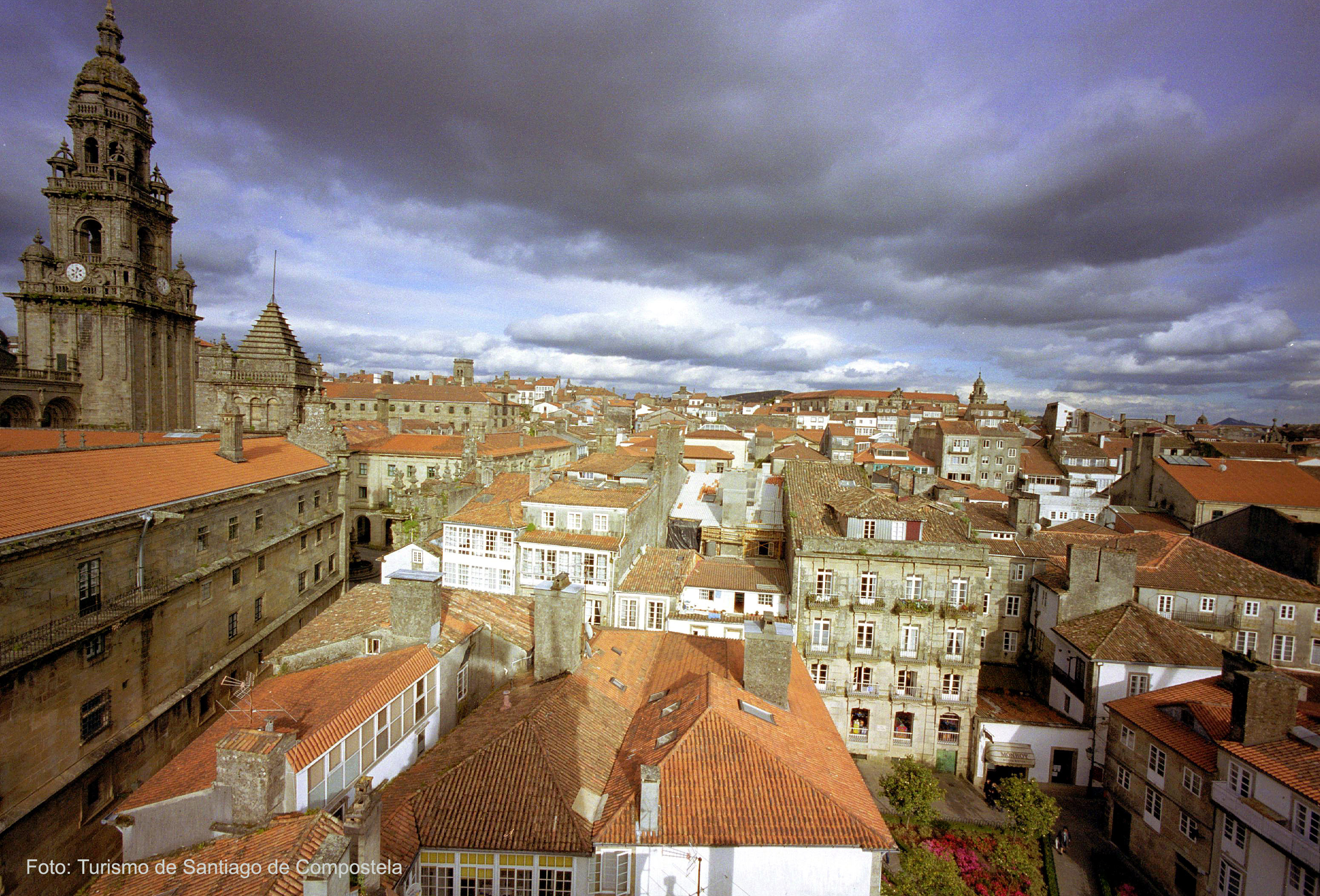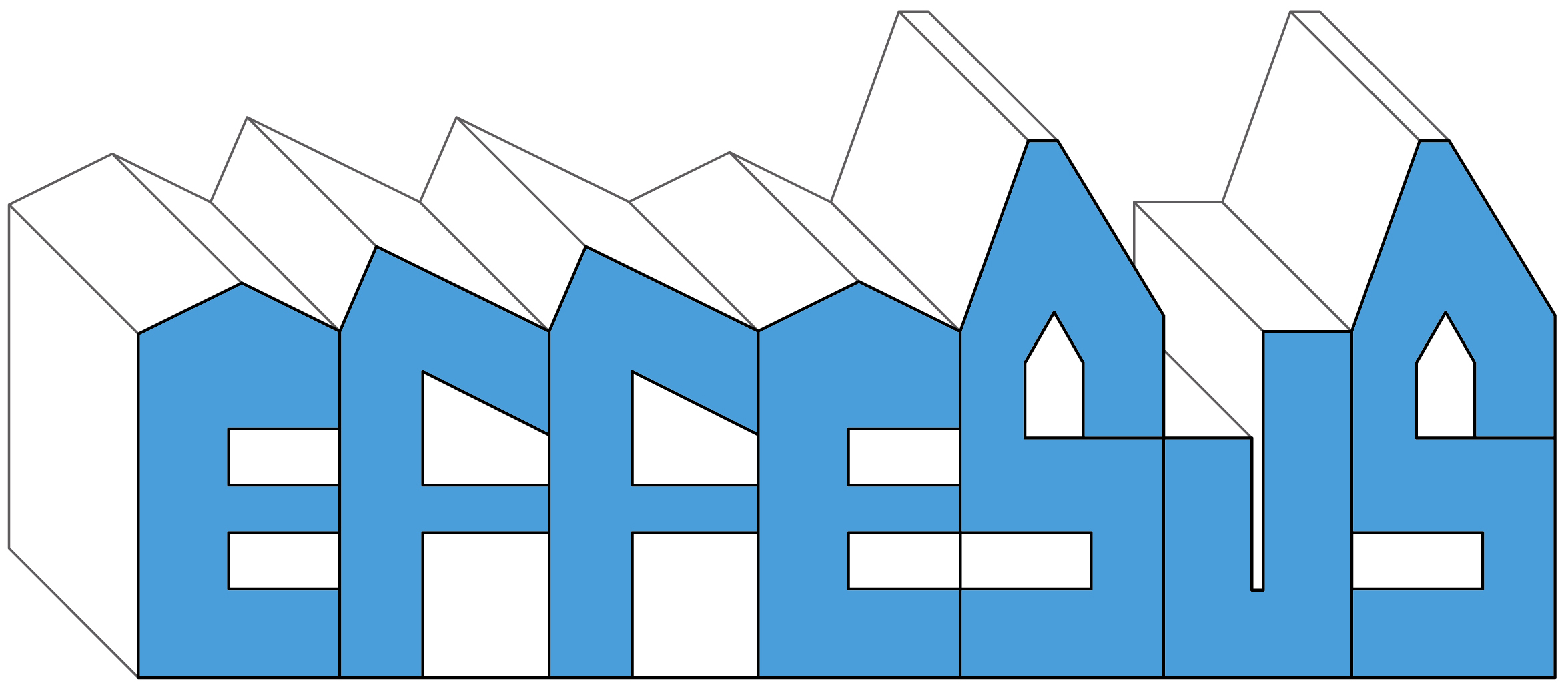Duration: 09/2012 – 08/2016
The Member States of the European Union have committed themselves to save 20 percent of their primary energy consumption by 2020, and thus reduce CO2 emissions. Accordingly, a main focus of Europe's effort is to increase the energy efficiency of buildings. Historic buildings or districts have so far, unfortunately, received little attention. For this reason, the new EU project EFFESUS (EU Energy Efficiency for Historic Districts’ Sustainability) has been initiated with a total budget of 6.7 million Euros. Central to the project is the examination of Europe’s historical neighborhoods and monuments considering all energy aspects. The focus will be both on the energy efficiency of individual buildings, building ensembles and districts, as well as their energy supply from renewable sources.
The EFFESUS concept is to reduce the environmental impact of Europe’s valuable urban heritage by making significant improvements to its energy efficiency while conserving (and even promoting) the cultural, historic, urban and architectural values of Europe’s historic cities. The overall objective is to develop and demonstrate, through seven case studies, a methodology and criteria for selecting and prioritizing energy efficiency interventions in historic districts. The cases studies are Santiago de Compostela, Genova, Budapest, Glasgow, Bamberg, Visby und Istanbul.
The role of Fraunhofer Center Leipzig is, firstly, to devise a market launch strategy for the technologies and services that will be newly (or further) developed in the project. Secondly, the institute is working out target-group-specific concepts for an ongoing dialogue between the various actors involved (i.e. house owners, tenants, architects, city council, power supply companies, etc.). The intention is to avoid conflicts as well as developments that do not meet the needs of the market. Besides this, Fraunhofer Center Leipzig is responsible for press and public relations within the context of the project. The EFFESUS consortium unites 23 partners from the academic sector, industry and municipal authorities from 13 different European states and is coordinated by the Spanish research institution Tecnalia. The Fraunhofer Center Leipzig is working closely together with its sister institute, Fraunhofer-Institute for Building Physics (IBP).

